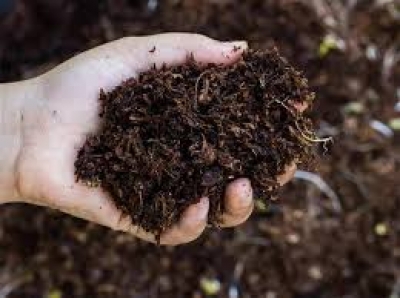SL bans China manufactured 'orgnaic' fertiliser after detection of bacteria again
By IANS | Published: September 29, 2021 09:33 PM2021-09-29T21:33:02+5:302021-09-29T21:50:21+5:30
Colombo, Sep 29 Sri Lanka banned import of organic fertilisers manufactured in China after state agriculture authorities detected ...

SL bans China manufactured 'orgnaic' fertiliser after detection of bacteria again
Colombo, Sep 29 Sri Lanka banned import of organic fertilisers manufactured in China after state agriculture authorities detected harmful bacteria in them for the second time.
Director General (DG) of Agriculture, Ajantha De Silva, on Wednesday urged the government to cancel the fertiliser contract with China and insisted that he would never allow organic fertiliser with harmful bacteria to enter the country.
Sri Lanka was to import 99,000 metric tonnes of organic fertiliser at a cost of $63 million from China's Qingdao Seawin Biotech Group Co Ltd.
On September 17, agriculture scientists in Sri Lanka found that China manufactured organic fertilisers contained a microorganism identified as 'Erwinia'.
Agriculture experts warned that China's organic fertiliser importation would create an agricultural disaster in the island nation. The Agriculture Ministry too confirmed this later but the Minister alleged that the samples which came to Sri Lanka could have been tampered.
Subsequently, fresh samples of China's organic fertiliers were brought to Sri Lanka and the DG Agriculture told the media that the new samples too were infected with bacteria.
De Silva said though the presence of Erwinia could not be confirmed, the presence of harmful bacteria in this new sample was confirmed.
Subsequently, the Agriculture Ministry stated that it would halt the importation of Chinese organic fertilisers.
With an ambitious plan to go full organic, Sri Lanka has stopped importing chemical fertilisers and induced the farmers to make their own organic fertiliser.
The hasty decision has created chaos as rice farmers who were to start the biggest Maha season in September were without fertiliser. Economists, however, opined that the government decision to stop chemical fertiliser was a result of forex shortages and a lack of dollar reserves for imports.
Disclaimer: This post has been auto-published from an agency feed without any modifications to the text and has not been reviewed by an editor
Open in app